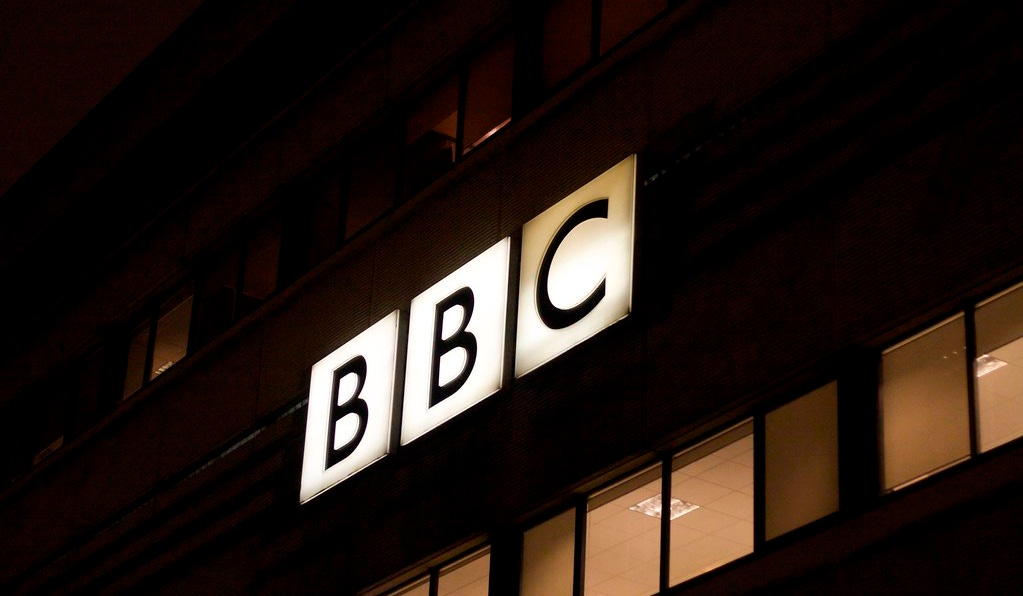OP-ED: What the BBC scandal should teach Canada
Recently, the BBC experienced a sharp reckoning. Its Director-General Tim Davie and News-Chief Deborah Turness resigned following outrage and political pressure.
By Dotan Rousso
Recently, the BBC experienced a sharp reckoning. Its Director-General Tim Davie and News-Chief Deborah Turness resigned following outrage and political pressure after a leaked memo detailed systemic editorial bias, with the misleading editing of a Donald Trump speech becoming the final breach of trust.
This accountability followed long-standing pressure. The BBC had earlier apologized in prime time for Gaza: How to Survive a Warzone, after it emerged the 13-year-old narrator was the son of a senior Hamas official—a fact not disclosed to viewers. The network later admitted, “We apologize for the omission of that detail from the original film.” That episode deepened the crisis of confidence in the broadcaster’s impartiality.
The issue that led to the resignations was the internal review’s finding that the BBC had edited together two separate segments of Trump’s January 6 speech to create the impression that he had directly incited violence, splicing “We’re going to walk down to the Capitol” with “We fight like hell.” Alongside the Gaza film’s breach of accuracy guidelines, this confirmed for many critics that the network suffered structural bias. Both executives accepted responsibility, stating, “the buck stops with us.”
That episode should matter to Canadians—because our national news channels, such as the CBC and others, face the same danger of unacknowledged bias. In Canada, coverage of the Israel-Hamas war, domestic politics, and ideological conflicts often aligns with one side. Editorial decisions—what stories to run, which voices to foreground—reflect assumptions more than neutrality. The result: segments that feel like advocacy rather than journalism. If a publicly funded broadcaster like the CBC fails to police this risk, the integrity of the national conversation is at stake.
For example, CBC’s coverage of Gaza has been accused of downplaying Hamas’s atrocities while overemphasizing Israeli military actions—a pattern noted even by some of its journalists. Similarly, during elections, interviews and panels often lean toward progressive voices while conservatives appear mainly in adversarial contexts. These may seem minor, but over time, they shape public perception and define which viewpoints appear legitimate.
The BBC teaches us that leadership accountability is key. It isn’t only about fixing errors—it’s about the structures that let bias embed, the incentives shaping coverage, and who bears responsibility. If two BBC leaders resigned for systemic editorial failures, then CBC and other Canadian networks must accept that similar patterns demand real accountability. That means transparent review processes, independent oversight, and senior executives held responsible when bias emerges. Canada deserves a media ecosystem that reflects the full range of views—not only prevailing institutional narratives.
Why does this matter? Because national news channels hold a high level of public trust. They shape social trust, political understanding, and civic cohesion. When citizens believe their broadcaster favors one side, polarization deepens and democracy weakens. Especially in moments of tension—a war overseas, domestic polarization, debates about rights—impartial journalism is not optional. It is essential.
By holding leadership accountable and confronting bias, we protect the public’s trust that news isn’t filtered through hidden agendas. The BBC’s episode is not merely a British scandal; it is a warning. If Canada’s national news institutions are to remain trustworthy arbiters of public knowledge, they must heed it. Leadership must be answerable, editorial leanings scrutinized, and the public reassured that no one—no matter how senior—is above the standards of impartiality we rightly demand.



"What the BBC scandal should teach Canada"
.... But ... But ... But....
The Liberals and their bought and paid for Pravda loving MSM must WANT TO LEARN.
Therefore ... Never mind ...
Besides... This is what used to be Canada.
Not a chance with our corrupted Judiciary.
.... ALSO ... And to the surprise of .... ANYBODY?????
On a daily basis Canada's CBC makes the BBC look like rank amateurs.
The initial BBC response was a complete farce. Truth is they fabricated, cut & paste in the order of their choosing from different times - to meet the 'needs' of their leftist agenda. Kanada is already rife with this ideocracy. Simply accepting government monies means NONE of the mainstream media should even be ALLOWED to report on politics. But one day, the tables will turn and those feeding misinformation - deliberately I might add - will be held to account. One firing at a time, one institution bankrupted at a time.